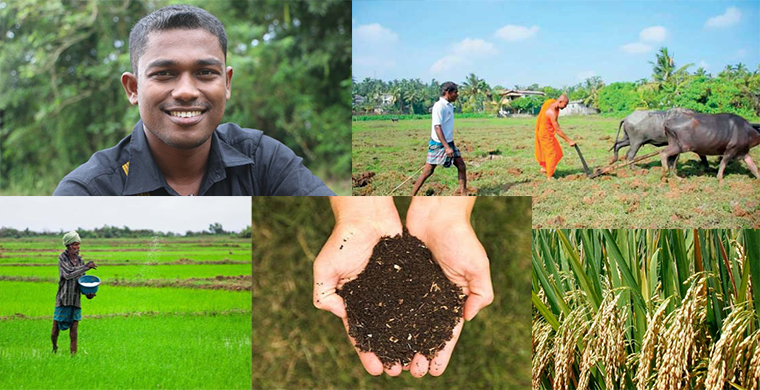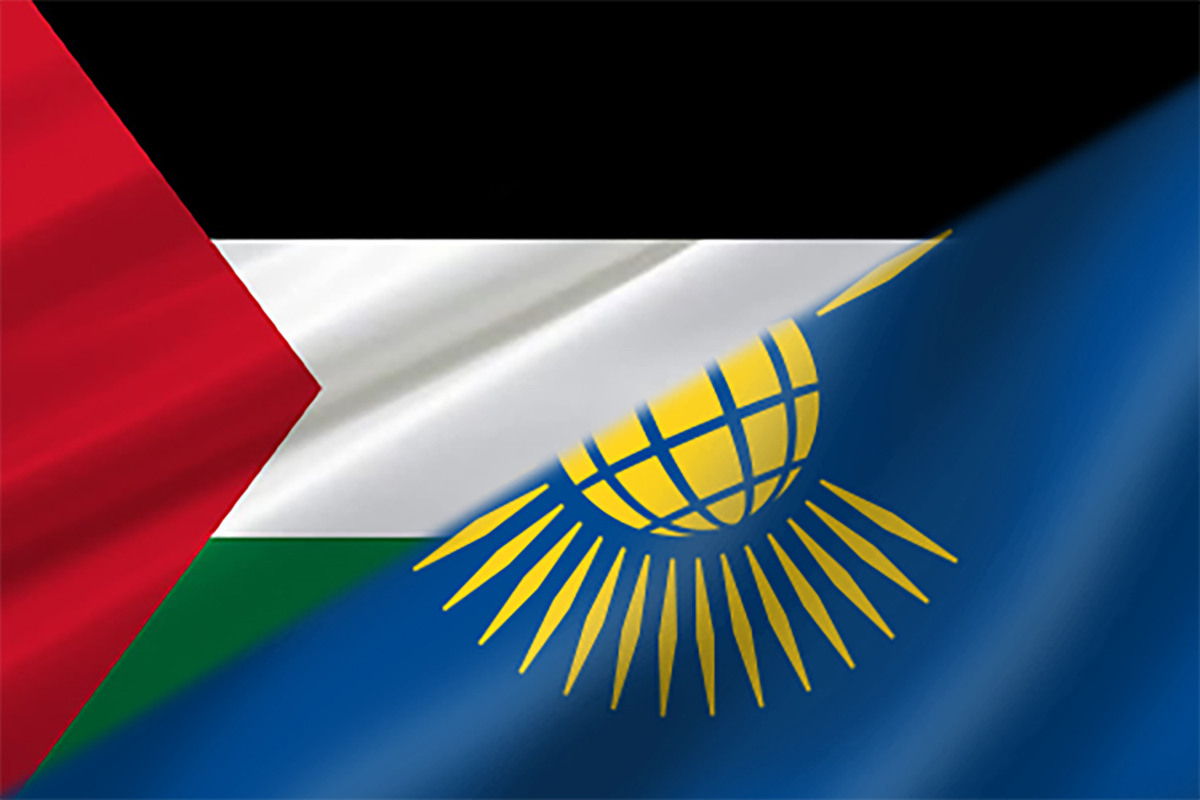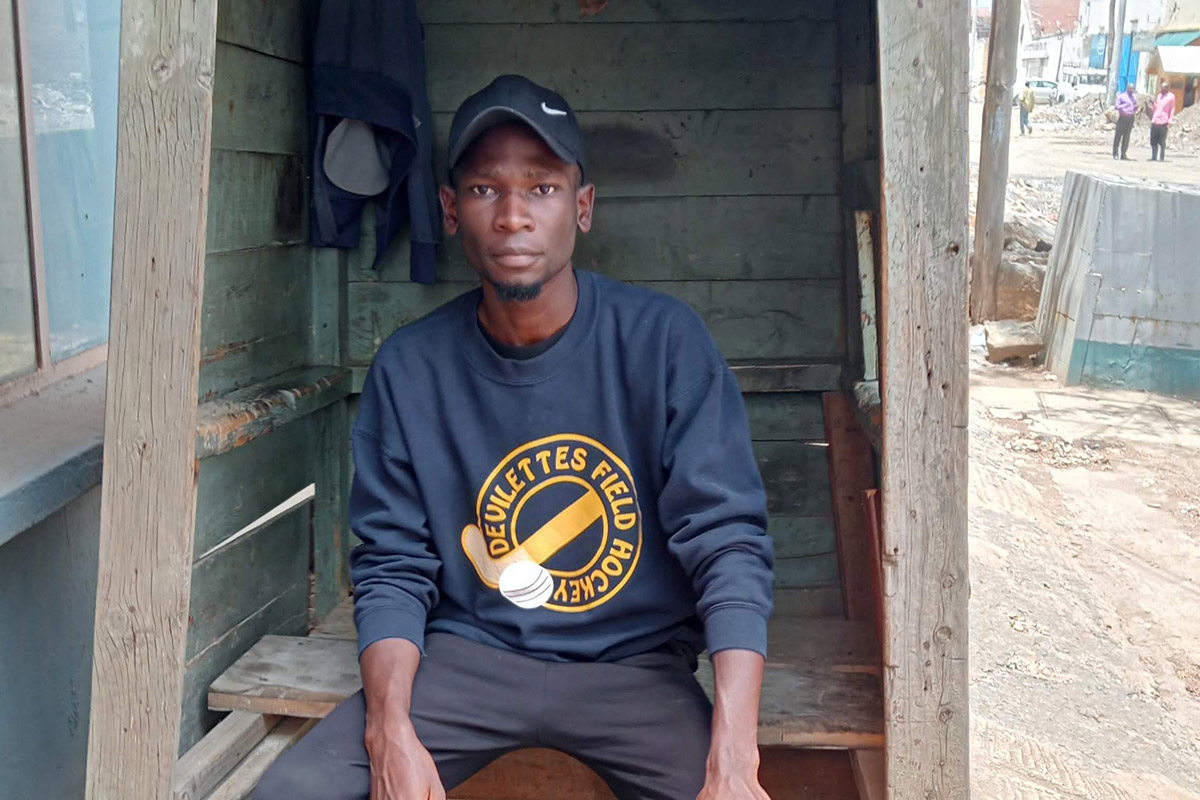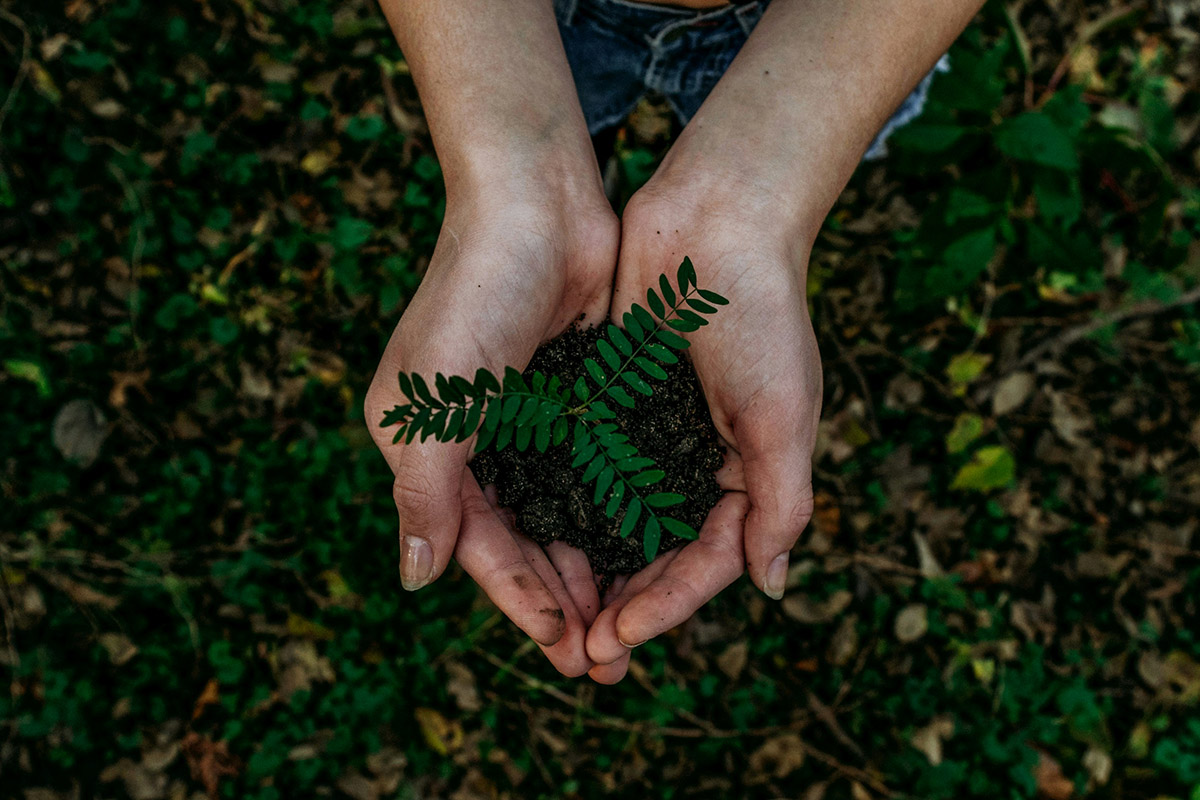COVID-19: The silver lining
June 4
Can any good come from a global pandemic that has devastated economies, crippled the health sector, left more than 380,000 dead and thrown millions into poverty? Erandi Thanippuliarachchi, a 27-year-old Commonwealth Correspondent from Sri Lanka, looks at some of the silver linings coming out of COVID-19 in her home country, including an initiative cultivate paddy lands to improve food security, and innovations such as COVID-19 testing equipment, disinfection chambers, and other technical equipment used in hospitals and other institutions.
Almost six months since the coronavirus (COVID-19) was declared a global pandemic by the World Health Organization, more than 380,000 people globally have died, and the pandemic has brought the entire world to a halt.
Not only has this had a negative impact on the day-to-day lives of individuals, it has also affected the economic stability development of nations and rolled back achievements towards the sustainable development goals.
COVID-19 is continuing to have adverse effects on Sri Lanka, reported to have over 1,700 confirmed cases and 11 deaths. While the health sector is committing every effort towards the controlling of the spread of the virus, authorities have imposed curfews island-wide, limiting commuting of Sri Lankans across districts. There have been long queues in supermarkets, grocery stores and petrol stations and shortages of rice, vegetables, and other essential supplies has been evident.
Sri Lanka has been known an agricultural nation and has the potential of going through such crises—especially when it comes to food security—successfully. With COVID-19, the passion to lead sustainable lifestyles is increasing.
Many young people are growing organic produce for their daily consumption, which also leads to healthy lifestyles. Young people are becoming more self-sufficient, resembling the late 1970s when Sri Lanka was one of the richest nations in South Asia.
“What is most important are the actions being taken by Sri Lankan citizens of all ages, genders and statuses to create a trend which could usher in a new era of self-sufficiency, and a sustainable future for the country.”
Nalaka Senadheera, 29, is one of such young person. A born environmentalist from Kegalle area, he has also started the voluntary organization of “assvaddumaizing” or cultivating the uncultivated paddy lands across the island.
With the advice and mentorship of senior farmers in the area, Nalaka started this initiative in his town with the vision of making Sri Lanka a self-sustaining country with regards to rice production. More than 250 young people have joined the initiative.
Getting things running was not easy. For example, the main paddy field in Dedigama area has not been cultivated for two seasons due to issues with accessing the three-kilometre lake supplying water to the field. He mobilized for the water supply, which was connected within hours.
The first step of the initiative is to cultivate all the uncultivated paddy lands from Point Pedro to Dondra—a distance of more than 520 kilometres spanning the island from top to bottom. With financial aid and technical supplies from different funds, Nalaka’s team has initiated operations in the Kegalle area in the paddy lands, amounting to 70 acres, and in Pannipitiya and Rathnapura for fields of up to 1,000 acres. Many individuals who are not traditionally farmers were introduced to this scheme giving life to these uncultivated paddy fields.
The most recent project that Nalaka is engaged in is the creation of a club for innovations related to paddy cultivation. When individuals propose new innovations, he supports them with technology and funds. So far, he has put money behind a harvesting machine.
In addition to agriculture, many Sri Lankans are supporting the government through innovating and producing COVID-19 testing equipment, disinfection chambers, and other technical equipment needed by the hospitals and other institutions.
This has shown the potential that the country possesses in technology, knowledge and entrepreneurship.
What is most important are the actions being taken by Sri Lankan citizens of all ages, genders and statuses to create a trend which could usher in a new era of self-sufficiency, and a sustainable future for the country.
*Coronavirus statistics obtained from WHO Coronavirus site as at June 4, 2020.
……………………………………………………………………………………………………………………………………………………………
About me: I’m a graduate of Faculty of Law, University of Colombo. I work in the government sector and I’m reading for a Master of Economics. I identify a diverse array of social issues and try to create answers from within the society itself. I prefer to give an analytical explanation for many things. I do some photography from time to time; capturing everything possible is a different art.
…………………………………………………………………………………………………………………………………………………………………
Opinions expressed in this article are those of the author and do not necessarily represent the views of the Commonwealth Youth Programme. Articles are published in a spirit of dialogue, respect and understanding. If you disagree, why not submit a response?
To learn more about becoming a Commonwealth Correspondent please visit: http://www.yourcommonwealth.org/submit-articles/
…………………………………………………………………………………………………………………………………………………………………






